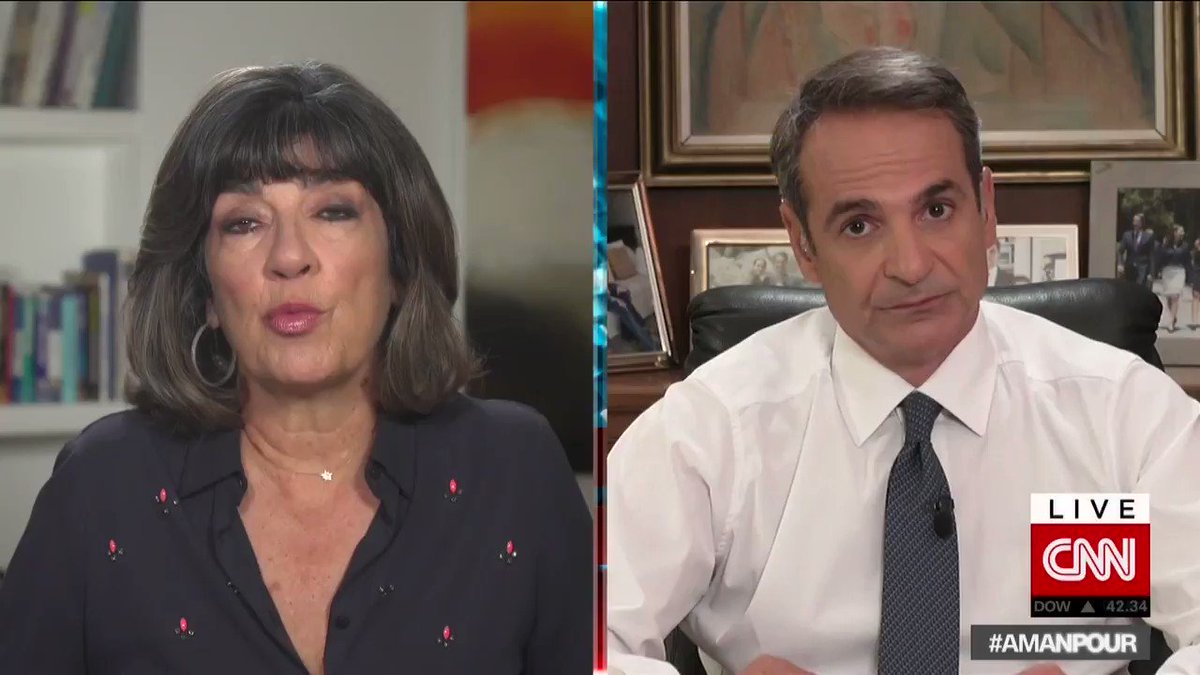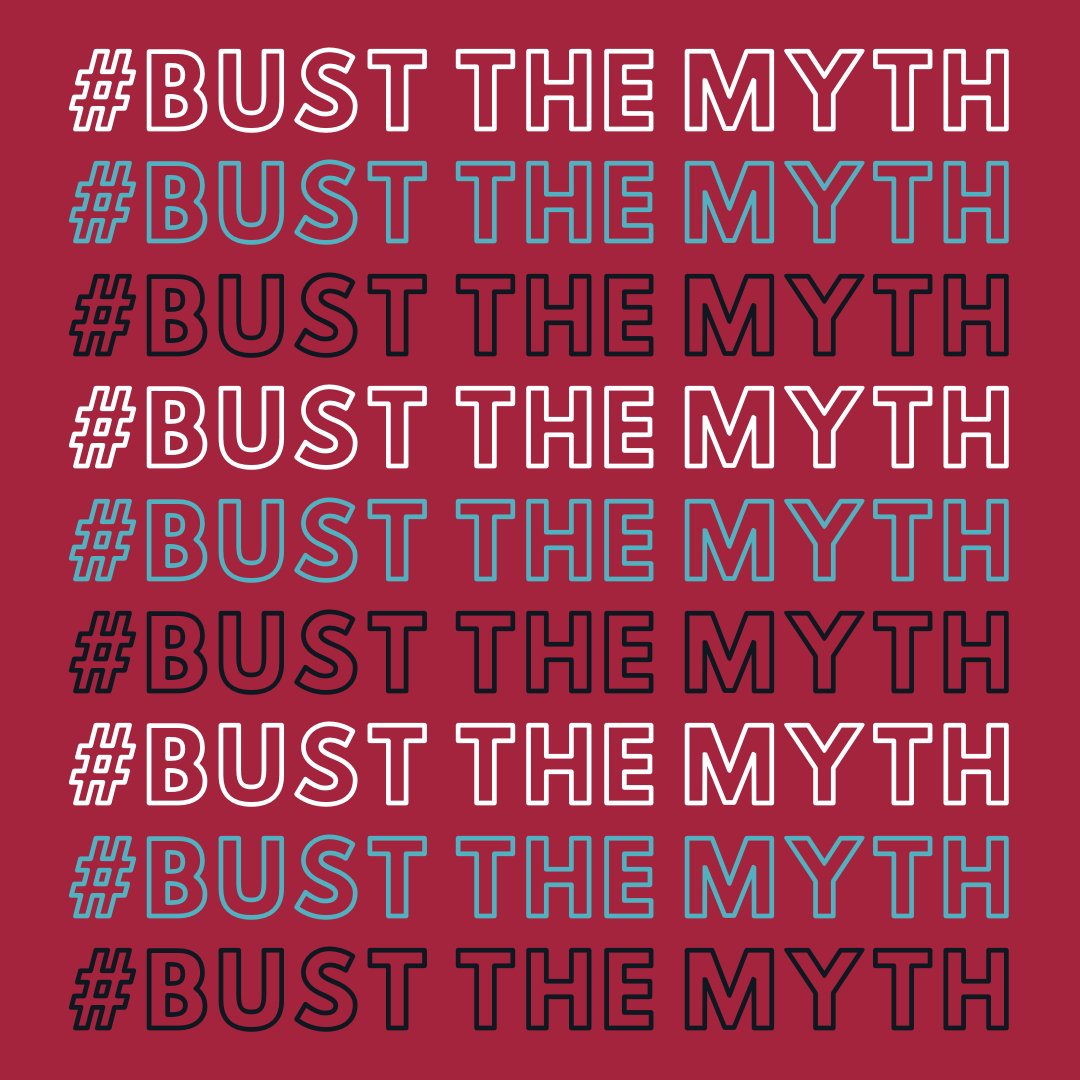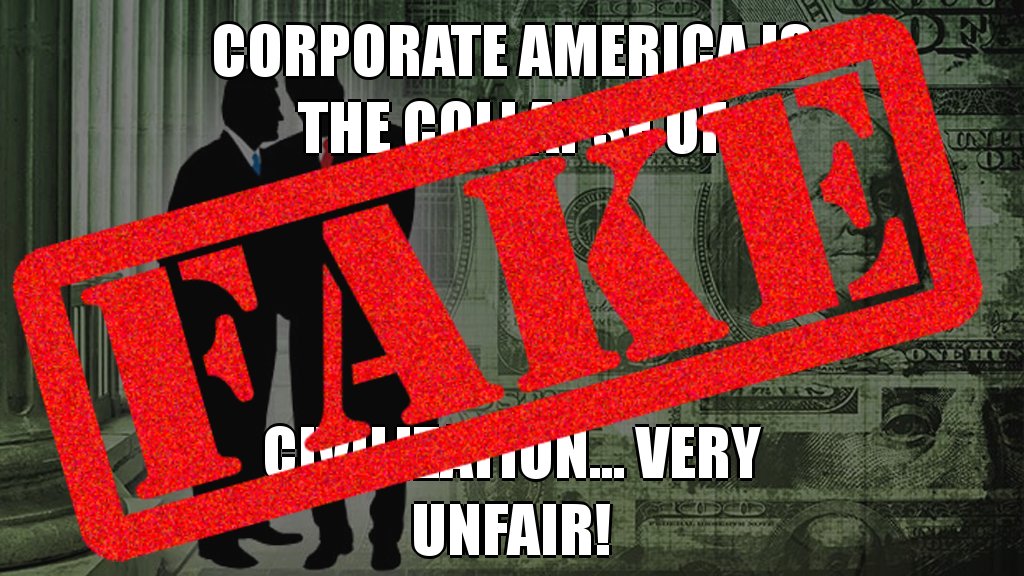Sanchayan Joarder
2:07
2:10
2:14
2:20
2:24
2:30
2:32
2:33
2:34
2:36
2:37
2:41
2:55
2:58
3:00
3:00
3:00
3:03
3:04
3:12
3:19
3:19
3:21
Connecting…








